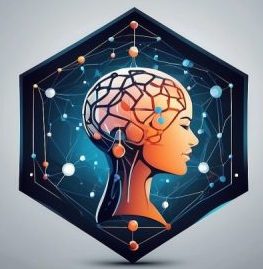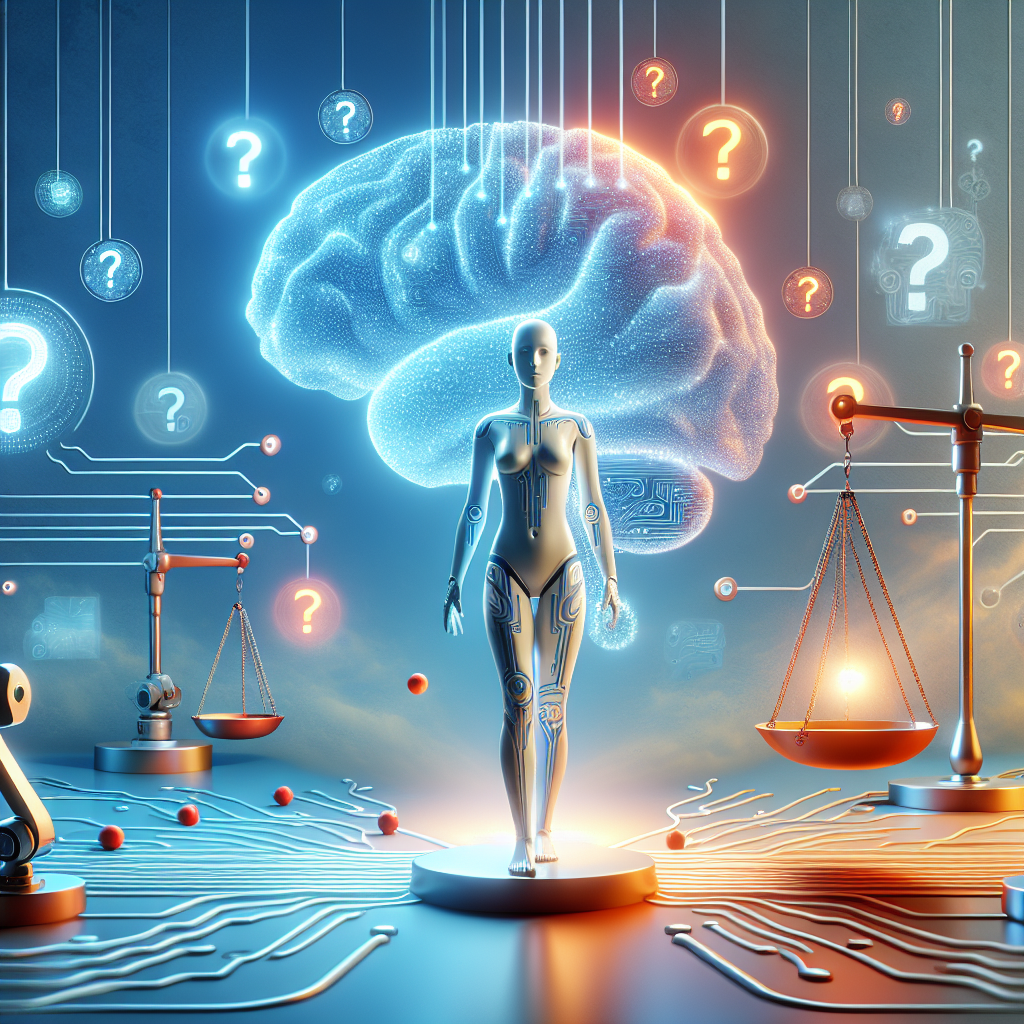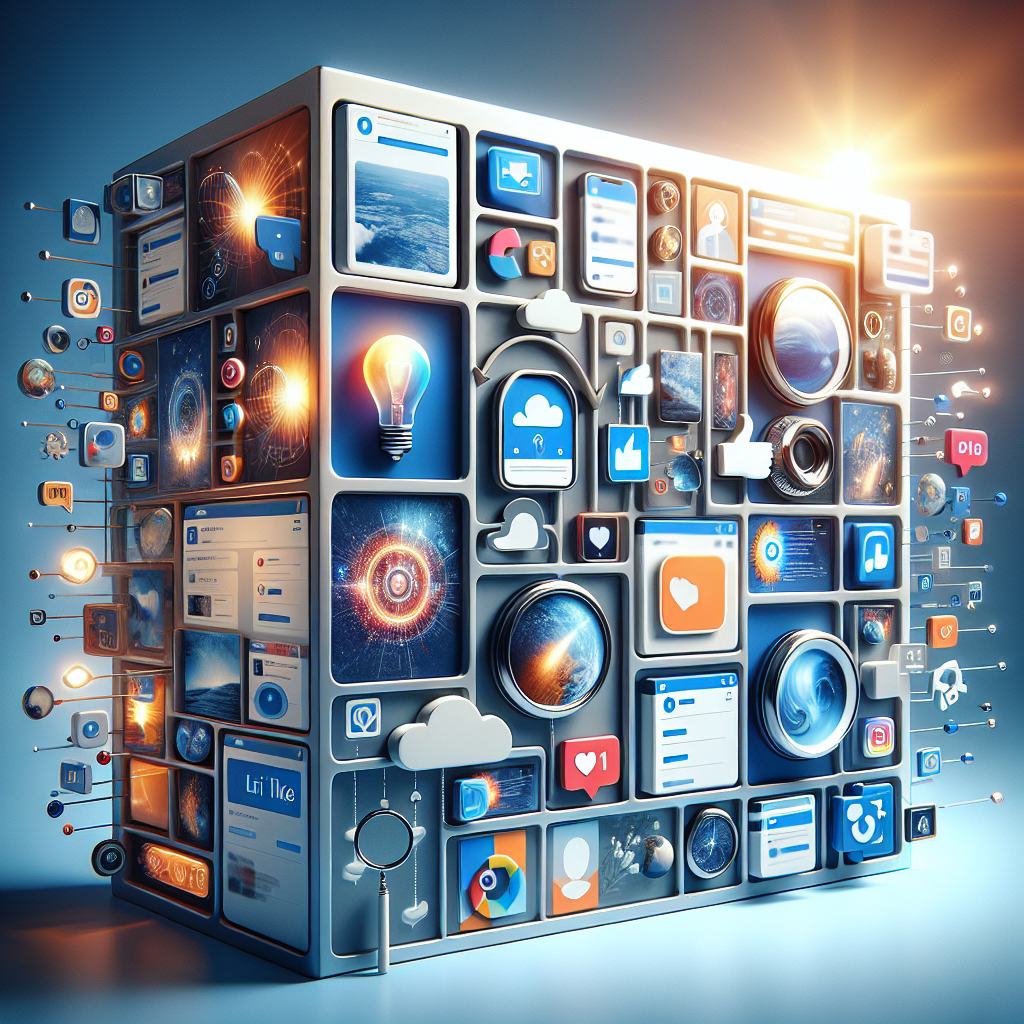Skeptical about AI? It’s Normal (and Healthy)
With the advent of artificial intelligence (AI) becoming integral to our daily technology, it’s no surprise that skepticism abounds. From personal assistants to complex data analysis tools, AI’s reach is virtually limitless, sparking both awe and apprehension. Embracing a skeptical stance towards AI isn’t just common; it’s a crucial approach in navigating the complex landscape of modern technology. In this blog, we’ll explore why skepticism is a valuable tool, uncover common myths, and discuss the benefits of a critical mindset when it comes to AI.
Understanding AI: What It Is and What It Isn’t
At its core, Artificial Intelligence refers to systems or machines that simulate human intelligence to perform tasks and can iteratively improve themselves based on the information they collect. Modern AI encompasses a variety of applications, including machine learning, where systems improve automatically through experience, and natural language processing, used in applications like chatbots and voice assistants.
Despite widespread portrayals in media, AI is not synonymous with self-aware robots or sentient beings with human-like reasoning abilities. Such depictions are largely fictional and far removed from current realities.
In our daily lives, AI plays a significant role in recommendations on streaming services, predictive text, and even in more critical spaces like medical diagnostics and autonomous vehicles. It’s essential to distinguish these real-world applications from science fiction to form a balanced viewpoint.
Addressing Common Concerns and Misconceptions
One prevalent fear is that AI will displace jobs, leading to widespread unemployment. While it’s true that AI can automate certain tasks, it can also create new job opportunities and demands for skillsets involving AI management and oversight. History has shown that technological advancements often lead to shifts in the labor market rather than outright job losses.
There’s also a misconception about AI’s decision-making capabilities. Many believe AI operates independently and without bias, but the reality is that AI systems inherit biases present in their training data. Thus, human oversight is critical to ensure fairness and accountability in AI-driven decisions.
Moreover, AI’s potential to augment human capabilities is immense. From enhancing creativity through tools that suggest design improvements to assisting in complex surgeries, AI is a powerful ally, not a replacement for human endeavor.
The Advantages of a Healthy Skepticism
A skeptical approach to AI fosters critical thinking and promotes the ethical development of technology. By questioning and examining AI’s limitations and impacts, developers are better equipped to create safer, more effective AI systems. It is a driving force behind the ethical AI movement, pushing for transparency, accountability, and fairness in AI technologies.
Public discourse plays a crucial role in shaping AI policy and regulation. By remaining engaged and questioning AI developments, the public can influence laws and standards that govern the ethical use of AI, ensuring it serves the broader interest of society.
Examples abound where skepticism has improved AI systems. Consider facial recognition technology, where public concerns about privacy and bias have led to enhanced regulations and better accuracy in system outputs.
Conclusion
Skepticism, when approached thoughtfully, is not just natural but beneficial in the context of technological progression. By maintaining a cautious perspective, we encourage the development of AI systems that are not only advanced but also ethical and considerate of societal impacts. As we continue to integrate AI into our lives, staying informed and engaged in discussions surrounding AI is key to realizing its full potential while safeguarding our values and well-being.
Engage with the ongoing conversation, raise questions, and embrace your skepticism—it is the catalyst for a future where AI works harmoniously alongside humanity, enhancing our capabilities and enriching our lives.





